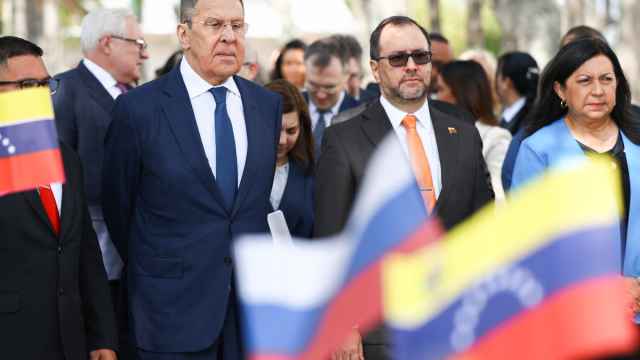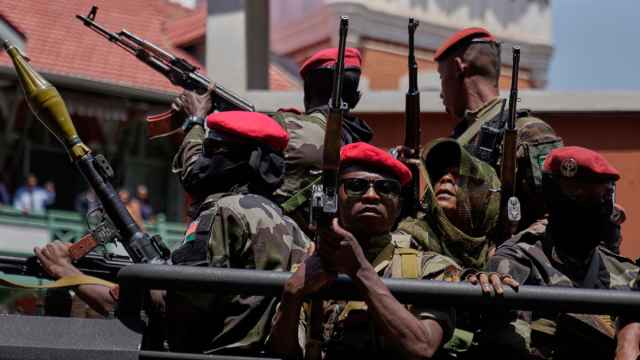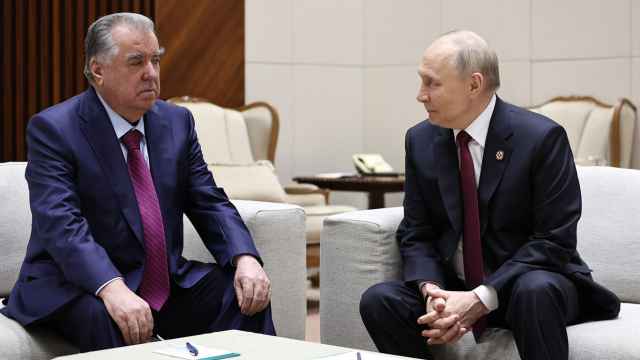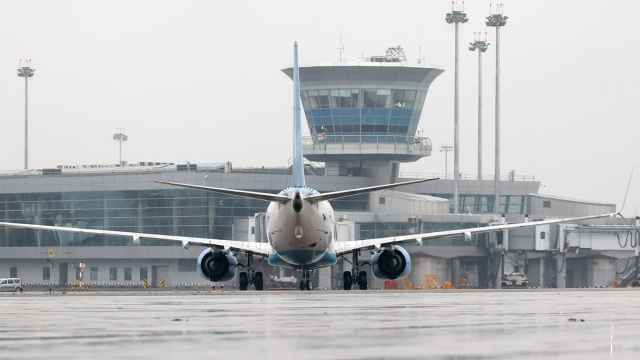Lawmakers in the far eastern Sakha Republic hope to leverage its history of forced labor to create the ultimate tourist attraction — gulag camps visits for tourists.
Last Friday Nadezhda Kladkina-Klysheyko, head of Topolinoye village, delivered a presentation on the historical heritage of the region's gulag camps at a meeting of the region's economic development officials, proposing to turn defunct labor camps into tourist attractions.
The head of the regional tourism department, Yekaterina Kormilitsyna, said that "today, the gulag has all the chances of becoming a hallmark tourist attraction, as well as an object of research and excursions."
Attendants at the meeting — which discussed the development of small businesses — recommended the creation of tourist attractions on the sites of the gulags next to two local rivers and at the Senduchenskiy camp 18 kilometers from the town of Topolinoye, as well as a "business incubator" in Khandyga.
GULAG, the official acronym for the organization that administered a network of harsh prison camps, worked with the Soviet security forces and Justice Ministry to send prisoners to remote Siberia from the early days of the Soviet Union until the early 1960s. At its peak the "archipelago," as it was called by prisoner and writer Alexander Solzhenitsyn, consisted of hundreds of camps.
In 1993 a study of declassified archival material concluded that at least 1 million people died in the gulag camps, but other estimates suggest that the death toll could have reached 30 million people.
A Message from The Moscow Times:
Dear readers,
We are facing unprecedented challenges. Russia's Prosecutor General's Office has designated The Moscow Times as an "undesirable" organization, criminalizing our work and putting our staff at risk of prosecution. This follows our earlier unjust labeling as a "foreign agent."
These actions are direct attempts to silence independent journalism in Russia. The authorities claim our work "discredits the decisions of the Russian leadership." We see things differently: we strive to provide accurate, unbiased reporting on Russia.
We, the journalists of The Moscow Times, refuse to be silenced. But to continue our work, we need your help.
Your support, no matter how small, makes a world of difference. If you can, please support us monthly starting from just $2. It's quick to set up, and every contribution makes a significant impact.
By supporting The Moscow Times, you're defending open, independent journalism in the face of repression. Thank you for standing with us.
Remind me later.





